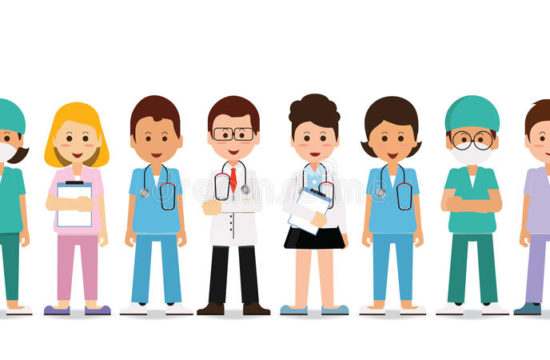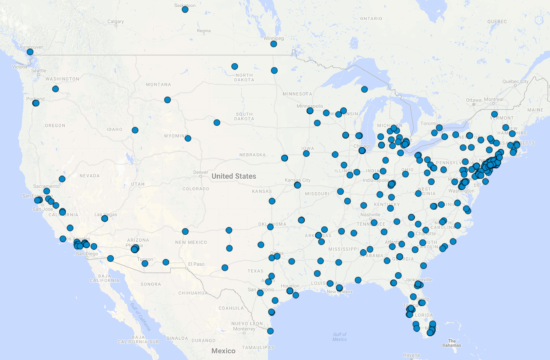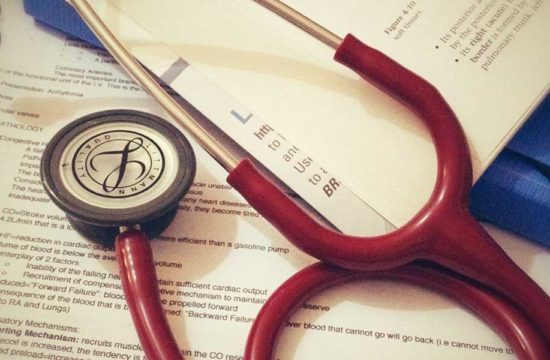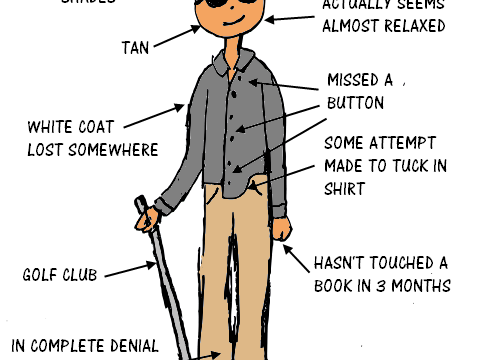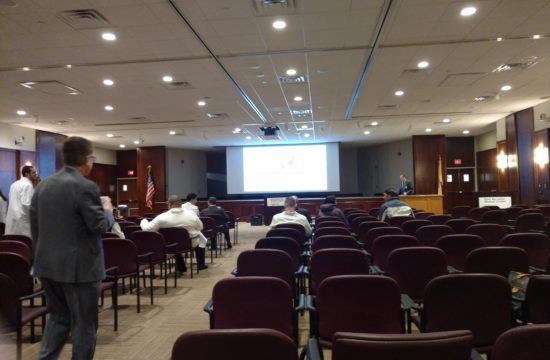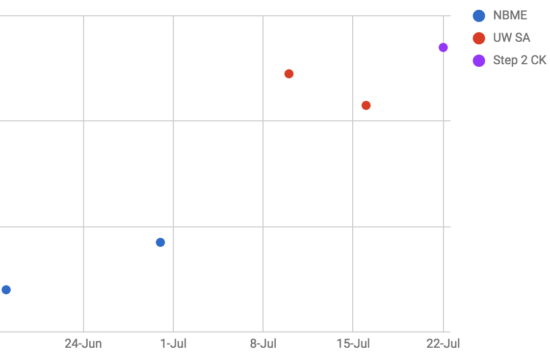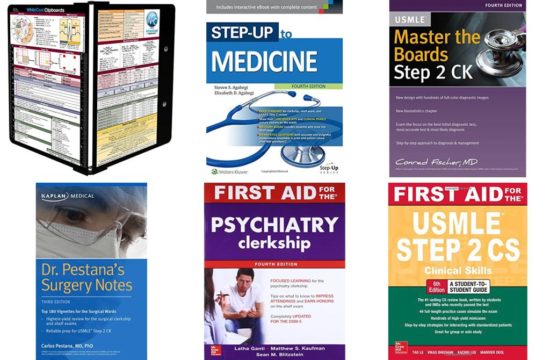To give context to my approach to residency applications, all of this stemmed from my USMLE Step 1 score being on the weaker end. I had passed the exam however based on this number alone, and being an IMG, applying to residency programs would not be a pleasant experience to say the least.
Going into 3rd year, I thought of how I would be able to minimize this score as a factor on my application. From what I had seen applying into medical school as well as from classmates who had already applied to residency, I quickly realized medicine is a lot more of a social game than it is an academic and merit based system. I went into these core rotations with a plan and an identity I wanted to portray for myself. This identity included themes and points I wanted everyone to remember about me and points I would eventually bring up during interviews to remain consistent. It also increased the amount of times people would hear and see the same things about me which increases the chances of them remember that fact or thought about me. When you look at the science behind human behavior and a key point in sales/marketing, maximizing these touchpoints or touches, the number of times someone sees, hears or gets in contact with something before they buy something, greatly increases your chances. They say people need up to 6-8 touches before they commit to something. If you treat yourself as the product to market, you are very much trying to sell your personality and yourself as a resident to the program.
I treated every rotation during 3rd year as a 4th year Sub-I and tried to impress every resident and every attending. Based on my step 1 score I knew my knowledge was objectively weaker than it should be so I didn’t risk trying to say anything smart, instead I showed that even as a 3rd year, I had good work ethic and was willing to listen and learn as much as I could. I tried to pick up as many patients as I could and handle more than the other 3rd years if the patient list allowed. I also did not want to take away from the experience of the other students around me but I wanted to show that I could handle more if the opportunity presented itself. I would also take time to get to know the residents when we had downtime rather than disappearing to the library. We would talk about residency, the program itself and start to hint at how I could fit in here. On rotations where I had a real interest, I would make it known early on. Based on my experiences throughout 3rd year, I noticed that attendings would either push or test students that they knew were interested in the field and would pay attention to them more and subconsciously or not, make mental notes on them.
More importantly, even after the rotations where I had considered applying to were over, I still tried to maintain some level of contact with the residents either by continuing to say hi to them on the floors or outside of the hospital or even on social media. Obviously social media can be risky so use at your discretion but if used properly it can be a useful tool. After any positive experiences with any attendings, I would follow up with letters or just emphasize with them my interest in their program. Regardless of whether or not they have a role in the application process further down the road, you never know who they talk to or have lunch with.
In addition to hard work, showing I would fit on the team, good work ethic and general display of an appropriate level of knowledge, I also wanted to show how I would add value and fit in at this particular program.
At the end of the day, a lot of applicants look very similar on paper. What sets you apart and why should they choose you over anyone else?
My approach from even the beginning of 3rd year was to double down on being different and emphasize my background in things non clinical. Most medical students have been on track to become doctors their whole lives. I have not, and although that was a weakness of mine going into medical school, I vowed to embrace the fact that I have interests elsewhere as well.
I emphasized my experiences in the arts as a professional photographer, more specifically event photography where things change quickly and environments are often unfamiliar and how I was able to think quickly and adapt. This is just one of the examples and experiences I used but it demonstrates how you can frame something irrelevant to medicine as a positive component of your overall package as an applicant. My value came from experiences outside of medicine and how I can draw upon those experiences to approach the same problems differently.
The most important part and difference between securing a position and not, is the value they perceive you will bring to their program.

